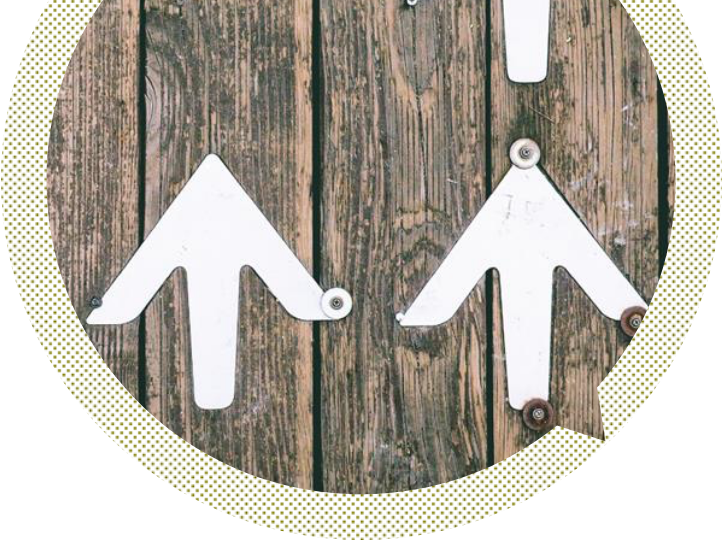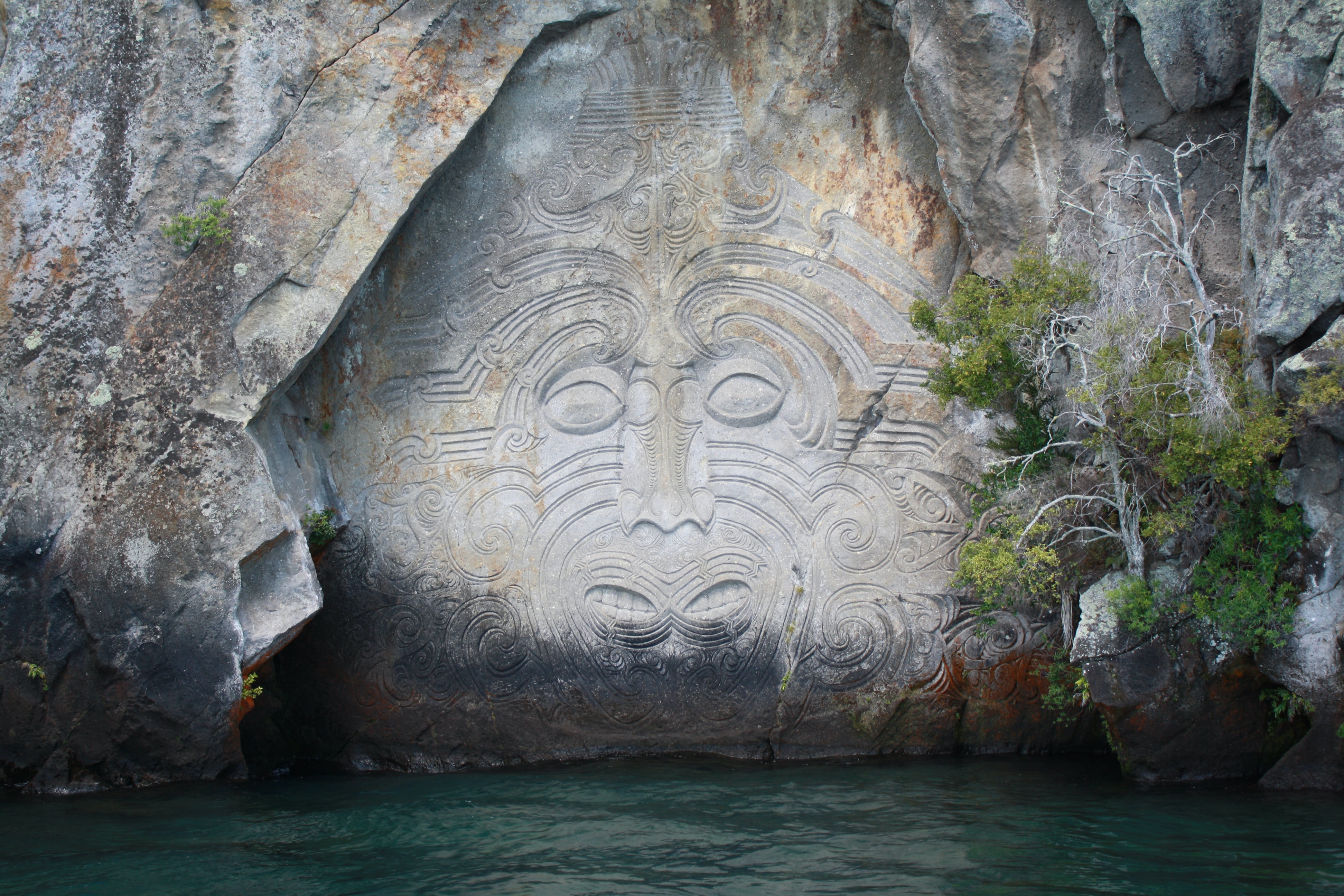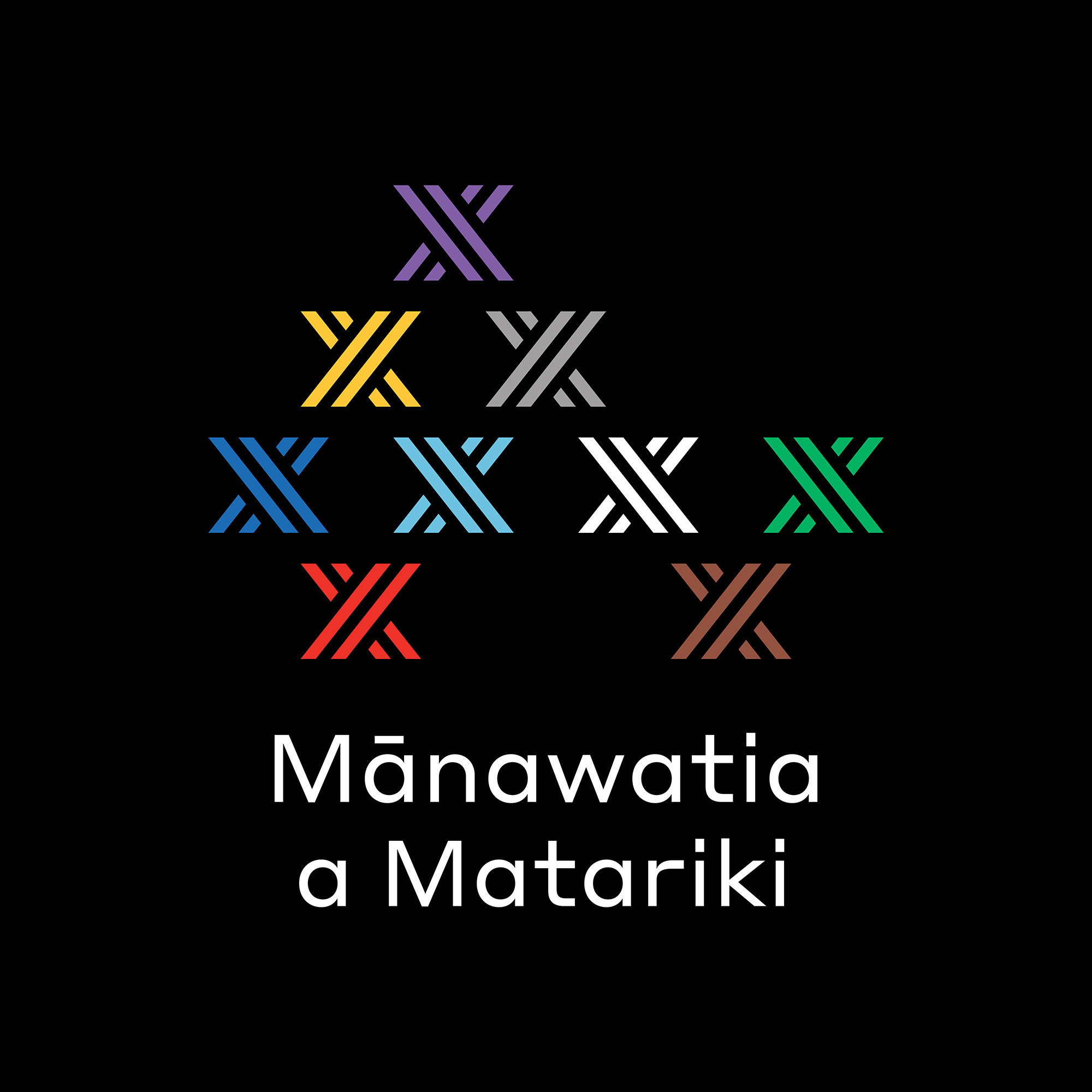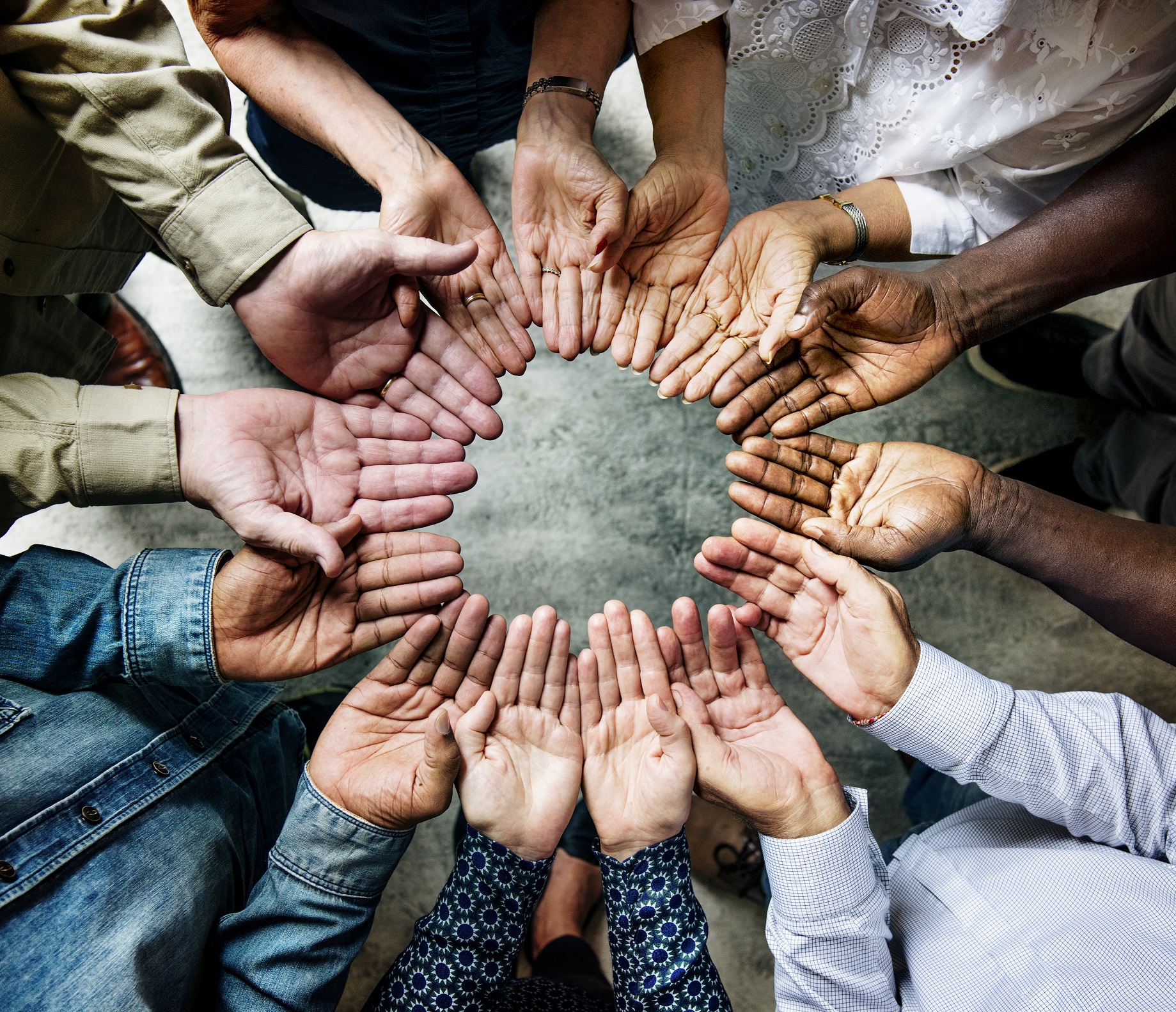Table of contents
Recommended for you
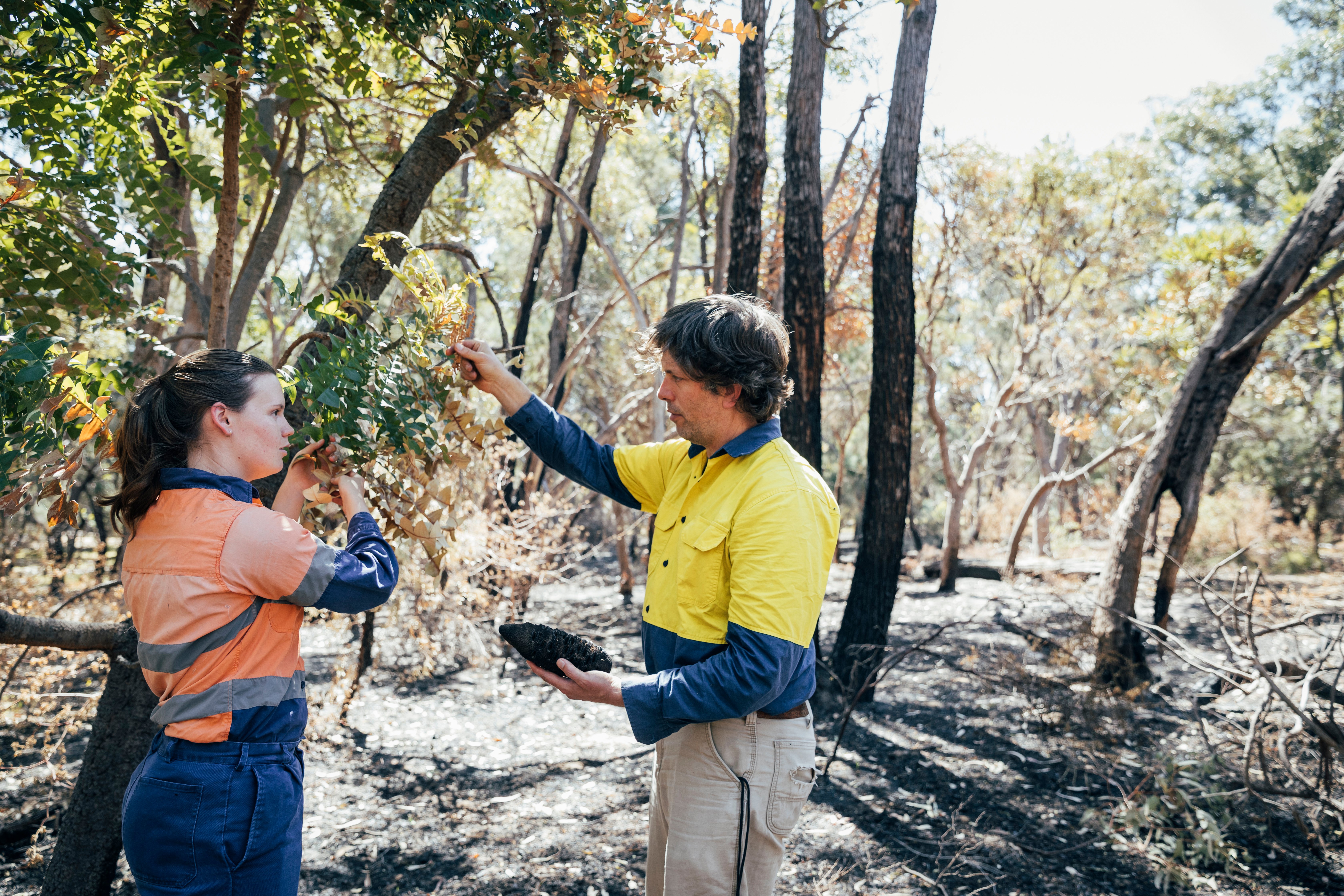
Closing the insights gap for council's outdoor workers
This week Aotearoa New Zealand celebrates Te wiki o te reo Māori. Around the country and online there will be events and activities, with lots of ways to get involved.
Developing Māori cultural competency is on the radar of many public and private sector organisations these days. In fact, Maihi Karauna: the Crown’s Strategy for Māori Language revitalisation, mandates (since June this year), that all state sector agencies must have a Māori language revitalisation plan.
Recently AskYourTeam held two well attended Māori cultural competency panel kōrero sessions, co-hosting with Maurea Consulting, our Māori cultural competency partner.
During those sessions, Precious Clark, Maurea Consulting CEO, observed that Māori cultural competency is a spectrum and that organisations interested in developing their cultural competency are on a journey. And just like any journey, it starts by taking just one step.
“If we stay in fear, we can almost paralyse ourselves. We've got to take some first steps, and remember, what is token tomorrow was probably innovative yesterday.”
We know from talking to our customers that there is a lot of interest, and equally a lot of fear, stemming from a lack of knowledge. For many, this is unfamiliar territory, and the stakes are high. No one wants to get it wrong or be whakamā (embarrassed), and in some cases, this is causing paralysis, with organisations feeling that it is safer to do nothing.
While acknowledging that fear is a barrier to overcome, Precious encourages making a start.
“If we stay in fear, we can almost paralyse ourselves. We've got to take some first steps, and remember, what is token tomorrow was probably innovative yesterday.”
Once an organisation has made a commitment to Māori cultural competency or towards achieving Māori outcomes, the responsibility for achieving that strategic objective sits with everyone.
Leaders, particularly have a role to play, by embracing and normalising the discomfort that comes with the learning process. By starting, they set the tone and lead by example.
The only way that you can get competent is by doing the mahi (work) practicing and giving it a go. It’s important to create the right environment where people are willing to have a go, allowing people to practise, and allowing people to make mistakes, but be gently corrected and corrected with aroha. Identify ambassadors within your organisation who can wrap a korowai, or a cloak of manaaki (protection) around learners as they progress on their journey.
It’s also good to set up a support structure for them so they feel comfortable taking this first step on this journey. It's quite a courageous first step, so support and encouragement is key.
If Māori language week has got you thinking about developing Māori cultural competency within your organisation, and you’re up for the challenge, we’d love to help you take that first step.
Monitor your Māori cultural capability journey progress
Discover how to evaluate your organisation's Māori cultural capability strategy against Te Arawhiti’s six core competency areas framework, in the AskYourTeam Cultural Competency Overview.
